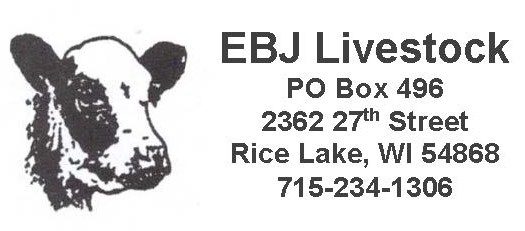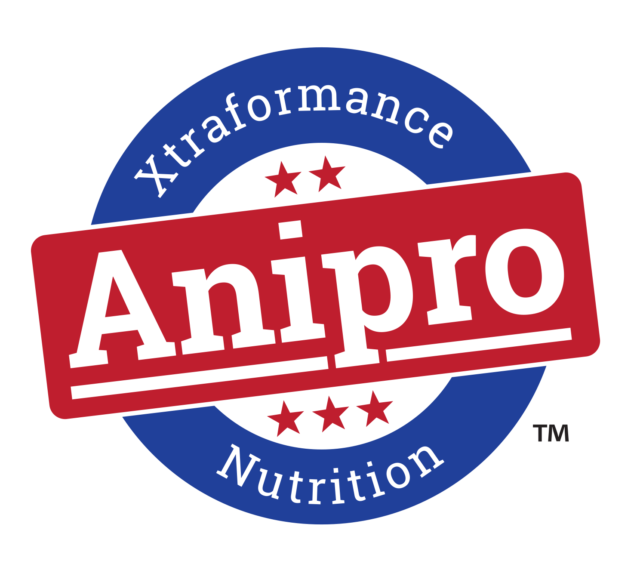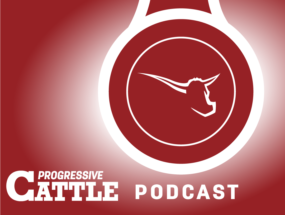
Daigle has an extensive background in both animal care and handling, as well as teaching and mentoring experience. She said when she was 13 and growing up in Oklahoma, she began volunteering at the local zoo. That set the stage for her career path, as she graduated with a bachelor’s degree in zoology from Oklahoma State University, a master’s in zoo and aquarium management at Michigan State University and her doctorate in animal science, also from Michigan State.
“I’m really excited to be at Texas A&M in both a research and teaching role,” Daigle said. “There are so many emerging issues pertaining to animal welfare and food production. I look forward to finding breakthrough production management practices and behavioral discoveries that will further enhance agriculture as a whole.”
Daigle’s main research program at Texas A&M will focus on developing science-based methods for objectively assessing and improving animal well-being, she said. She will research the relationship between livestock and the environment; develop and validate practical species-specific welfare assessment parameters; examine individual traits that affect behavior and coping with challenges; and measure the impact of management practices on maternal behavior and offspring care in production environments.
Before coming to College Station, Texas, Daigle was at the Center for Animal Welfare Science at Purdue University conducting numerous postdoctoral research projects, including analyzing ultraviolet feather reflectivity and feather pecking behavior in laying hens, and examining the relationship among maternal hormones, social support and the crushing of nursing pigs in gestating sows.
“The wonderful thing about welfare and behavior is that it’s not species-specific,” she said.
Daigle said she looks forward to research work in specific areas, including learning more about the interaction between animals, such as beef cattle, and environment.
“Cattle are very adaptable creatures,” she said. “A lot of the behavior observations I’ve done with poultry can be applied to cattle, and other work with observing maternal interaction to pigs. It will be interesting to learn more about why some beef cows have heightened maternal instincts, and if that is due to environment, genetics, etc.” ![]()
—From Texas A&M University news release
PHOTO: Dr. Courtney Daigle. Photo provided by Texas A&M AgriLife.







